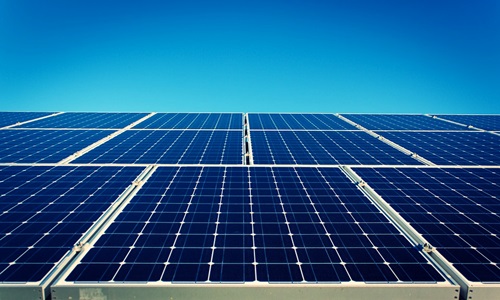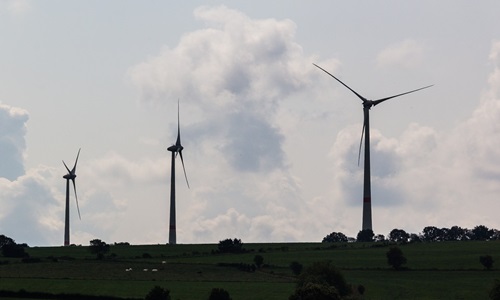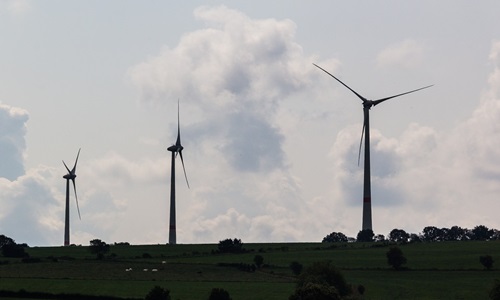
The project has generated direct and indirect employment for around 1,500 people and will directly employ over 100 more post commissioning. Indias renewable energy producer, ReNew Power Ltd. has recently announced that it will be commissioning a 300 MW solar plant at the Pavagada Solar Park, located in Tumkur district in Karnataka. Reportedly, this would be ReNew Powers biggest solar plant commissioned in terms of capacity till date and is anticipated to reduce CO2 emission by around 0.6 million tons per year. Commenting on the move, Sumant Sinha, Chairman & MD, ReNew Power, said that the company is delighted to commission its advanced 300 MW solar power plant at Pavagada as it looks to partner with the Karnataka government to harness the solar potential of the state. He said that the firm is committed towards offering efficient clean energy solutions to drive sustainable economic growth in India and do its bit to arrest climate change. According to Moneycontrol, Parag Sharma, COO, ReNew Power, said that this would be the first utility-scale solar plant in India to utilize high efficacy Mono PERC solar modules and which is based on seasonal tilt tech with string inverters. He said that the company, with the commissioning of this site, has now increased its installed capacity in the 2000 MW Pavagada solar park by a total of 350 MW, reinforcing its status as one of the key developers. Sharma added that the plant, at the time of its construction phase, has also generated around 1,500 direct and indirect employment and is expected to directly employ over 100 people post commissioning. Incidentally, ReNew Power also bears a strong community development agenda, under which multiple programs are undertaken to transform people’s living in the vicinity of ReNews project sites. For instance, till date, the company’s CSR programs have impacted around 15,000 lives across 16 villages in Karnataka. For the record, the current solar portfolio of ReNew Power including both commissioned and projects under development is approximately 3 GW that spans across the country.




